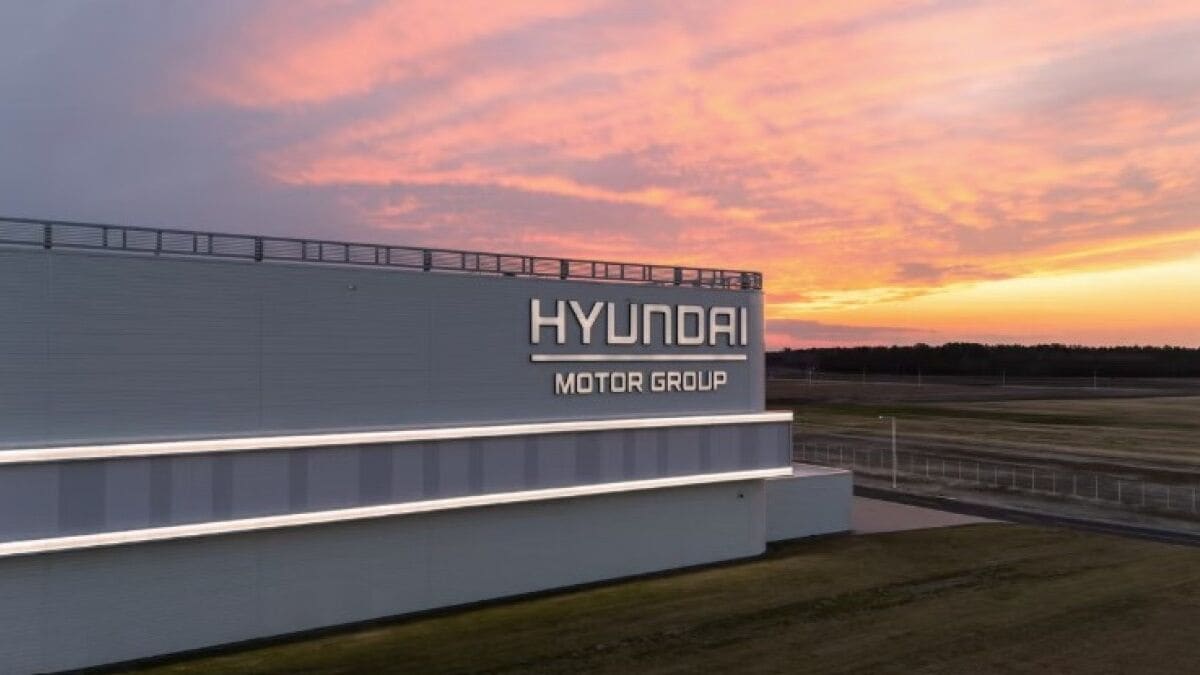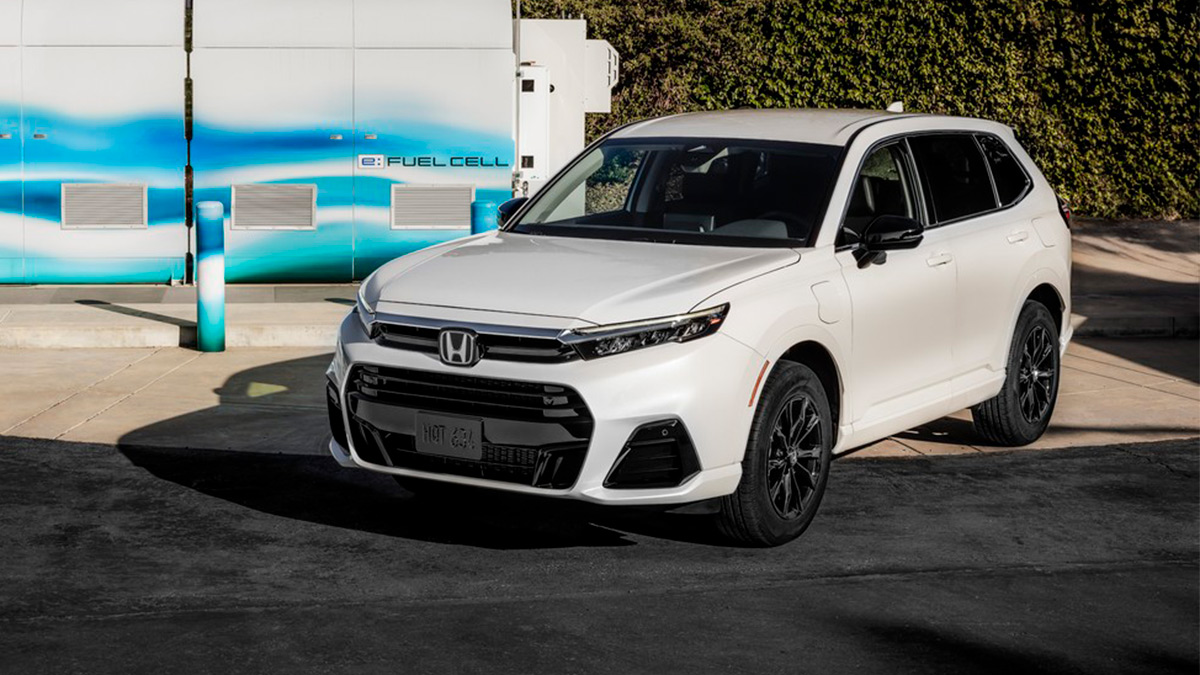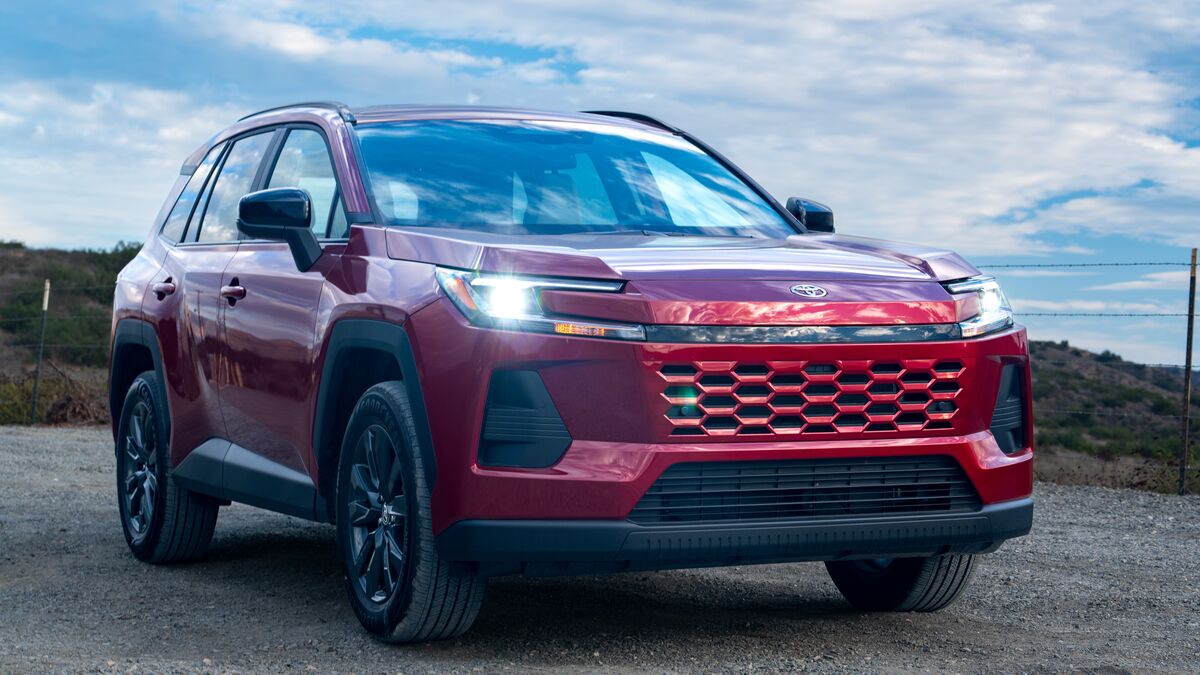- Federal agents raided a joint Hyundai-LG battery plant under construction in Georgia last week, arresting hundreds of workers
- The move is unlikely to affect the supply or prices of Hyundai cars, but could have unknown long-term impacts
Federal agents on Thursday raided a joint Hyundai-LG Energy Solution battery factory under construction in southeast Georgia, in what CNN called “one of the most extensive immigration raids in recent U.S. history.” They reportedly made 475 arrests, most of them South Korean nationals.
Hyundai has said that none of the workers arrested were Hyundai employees. They may have worked for LG or subcontractors helping to set up the factory.
We bring you news that affects car shoppers, and we’d usually skip this one because it essentially doesn’t. However, the raid made front-page news across two countries, so anyone considering a Hyundai vehicle may have questions. We’ll answer them as best we can.
Will This Affect the Supply or Prices of Current Hyundai Vehicles?
Not in the short term. The specific site raided is a battery factory that isn’t operational yet. So any changes there won’t change the number of cars flowing out of factories to Hyundai sales lots today.
CNN notes, “Few of the permanent employees expected to fill 8,500 slots have been hired, and the bulk of the current workforce is transient.” Most are “single men on temporary visas or contracts, rotating through for months at a time.”
The plant will produce batteries for future electric vehicles (EVs).
The factory sits next to an operating Hyundai facility that produces the Ioniq 5 and the new Ioniq 9 SUVs. Immigration agents did not target that factory.
What Laws Are the Companies Accused of Violating?
The workers arrested appear to have been in the country on a temporary entrance program that allows workers to perform only limited kinds of work. Some may have overstayed visas or performed work that the agreements don’t allow.
The New York Times explains, “The United States is relatively new to making these batteries. The leading manufacturers are headquartered in Asia, and they typically bring engineers and technicians from their home countries to set up new factories.”
The workers likely entered the U.S. “under a visa-waiver program that allows them to participate in tourism or attend some business meetings, but not full-time work” for up to 90 days.
Determining exactly what work qualifies for such a program can be difficult. Engineers training Americans to perform high-tech work might arguably be in meetings when they do so. Those setting up the equipment itself might not be.
However, some observers believe some of the employees did work that didn’t qualify. The Times notes, “Barry Zeigler, business manager of Local 188, a union that represents plumbers, pipe-fitters, welders and HVAC service technicians for 15 counties in Georgia, said South Koreans were working as welders and pipe-fitters in the Georgia plant.”
The companies have not commented on that accusation.
Steven Schrank, the lead Georgia agent of Homeland Security Investigations, told the Associated Press that some of the workers may have crossed the border illegally.
What Are the Long-Term Implications of the Controversy?
The AP notes, “The South Korean government expressed ‘concern and regret’ over the operation targeting its citizens and is sending diplomats to the site.”
State government officials have labeled the factory “Georgia’s largest economic development project,” the news service notes.
Work has not resumed at the site. In a statement to South Korea’s Yonhap news agency, LG Energy Solution said it “has suspended all business trips to the U.S. and has instructed employees currently visiting the U.S. to stay in their accommodations or return home immediately.”
Bloomberg reports that Hyundai “has banned all U.S. trips by its staff.” The news agency says the controversy “is making some companies cautious” about investments in the U.S.
The New York Times notes, “labor tensions have been building as the federal government, seeking a stronger foothold in the battery business, has wooed foreign companies to expand manufacturing on U.S. soil.”
Related: With New Law, Automakers Moving Electric Car Production to U.S.
The Financial Times reports, “Several people familiar with Korean conglomerates in the U.S. said it was an ‘open secret’ that they and their subcontractors used the B-1 visa, which allows entry to the U.S. for business purposes but does not allow the holder to work for payment, as well as the Electronic System for Travel Authorization (ESTA) system that facilitates short-term business visits.”
American companies use similar programs to send advisors to work in foreign countries, and could be nervous about retaliation.
President Trump, meanwhile, wrote on his Truth Social network Sunday that “we do have to work something out where we bring in experts so that our people can be trained so that they can do it themselves.”








